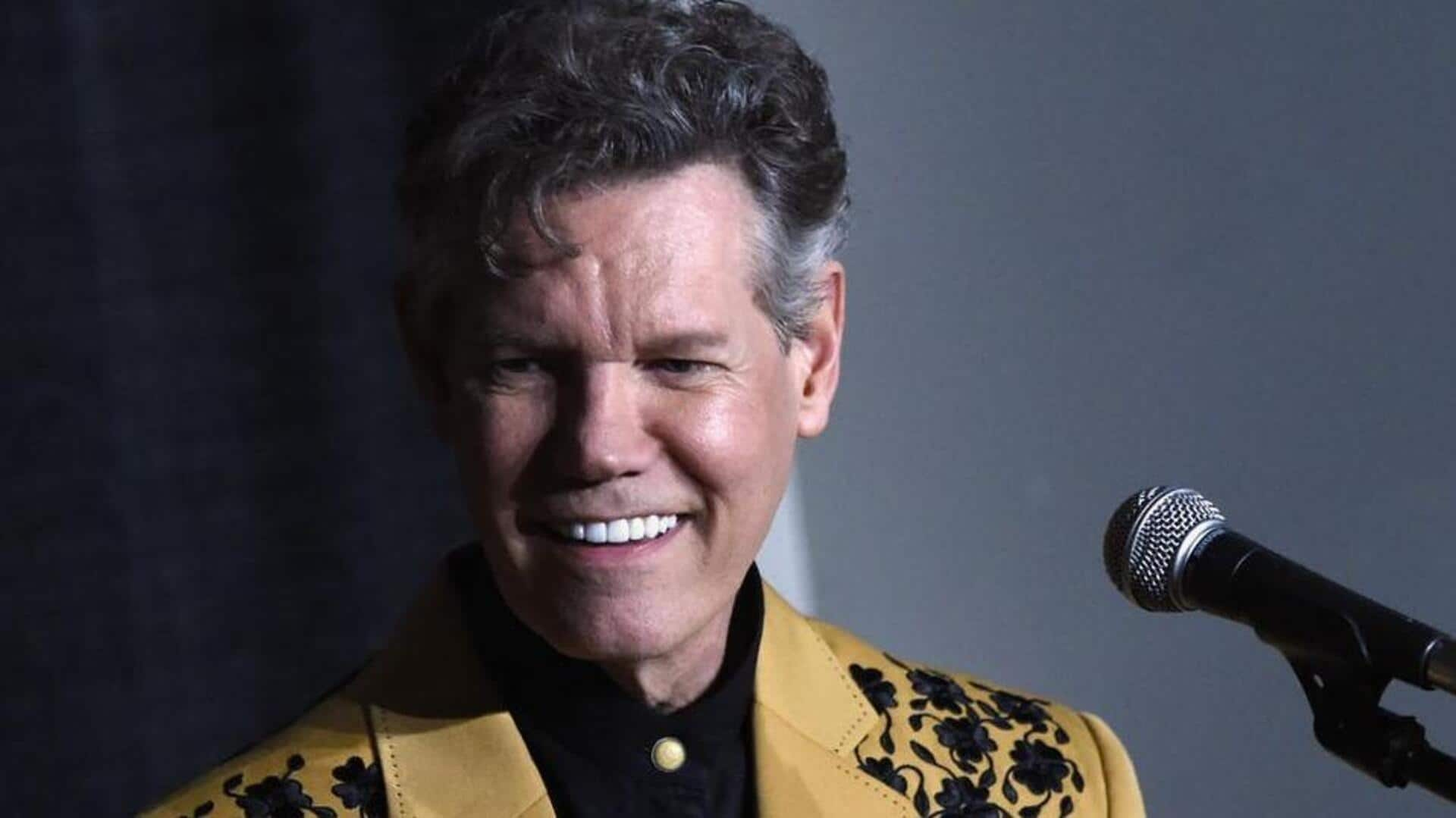
AI revives stroke-silenced Randy Travis's voice for new song
What's the story
Country music legend Randy Travis, who suffered a stroke in 2013 impairing his singing ability, has made a triumphant return to the music scene. His new song, "Where That Came From," was created using an unnamed artificial intelligence (AI) technology. The AI model was trained on 42 isolated vocal recordings from Travis's previous works to replicate his distinctive voice and style.
Transformation
Transforming vocals for Travis's new track
The vocals for "Where That Came From" were initially recorded by fellow country artist James DuPre. An advanced AI software then transformed these vocals into Travis's unique voice. The creation of the song was supervised by Travis himself and his long-time producer Kyle Lehning. This innovative track is now available on various streaming platforms including YouTube, Apple Music, and Spotify.
AI usage
AI in music is not a new phenomenon
The use of AI in music is not entirely new. Dustin Ballard, known for creating AI voice parodies on his social media account "There I Ruined It," employs a similar technique to produce mash-ups. Examples include an AI Elvis Presley's rendition of "Baby Got Back" and a synthetic Johnny Cash singing "Barbie Girl." The application of this technology in Travis's new release captures his laid-back style and deep baritone voice, reminiscent of his earlier chart-topping hits.
Cloning debate
AI voice cloning: A tool for good or not?
In a recent interview with CBS Sunday Morning, Cris Lacy, Co-president of Warner Music Nashville, referred to the use of AI to replicate Travis's voice as "AI for good." However, she pointed out that while AI voice cloning sites can approximate artists like Travis, they don't "sound real, because it's not." This highlights the ongoing debate about the authenticity and ethical implications of using AI technology in music.
Legal protection
New legislation to protect artists' voices from unauthorized usage
The recent passing of the ELVIS Act in Tennessee will enable labels such as Warner to legally challenge unauthorized usage of software that recreates an artist's voice from July 1 onward. This legislative change coincides with Warner's exploration of new possibilities for its extensive music catalogs from late artists who could potentially be digitally revived using AI technology. This development marks a significant step toward protecting artists' rights in the digital age.